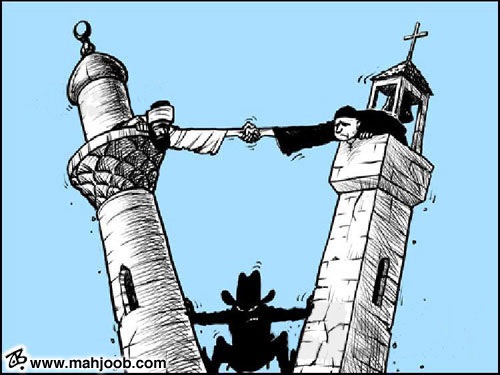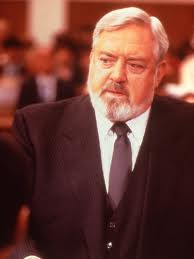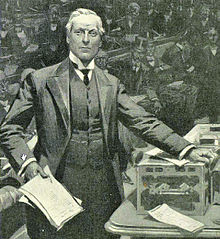Charles Kennedy stands in a line of successful Scottish politicians who came South to integrate themselves into British politics. The list is long and there have been times when it was difficult to find a Minister without a Scottish brogue. On all sides of the House the Scots have made themselves felt and it was suggested by Shirley Williams that this is something to do with the tradition and breadth of commitment to the school debating society and the school rivalry in being chosen best debating school in Scotland.
Apart from the Oxbridge debating pool at university the schools in England and Wales are less enthusiastic about parading their minds in debating skills.
It could be argued that debating a subject is second best to 'rolling up ones sleeves and doing something' but interestingly the power to do something comes from being recognised by ones peers through the province of debating. Oratory has always played an important part in persuasion. Lloyd George, Aneurin Bevan, Winston Churchill, all rose to the top through oratory. Of course there had to be much more than a gift of words but words worked their magic of persuasion and persuasion won votes.
The Scotish school system places high value on debate, the ability to defend or persuade on any topic irrespective of whether you are a believer or not. It's a skill not an ideology and in the powerful world of politics it's the only armoury you have.
And so armed with this tool they come down to London to test their skill against the less equipped English and Welsh (although the sound of Dylan's magical phrasing comes into my mind and asks why).
Perhaps it's the Presbyterian spirit set against the privilege of the public school boy. Aristocracy has its hold over the Scotish as it has the English but it's a more clan based earthy substitute, closer to the people than the snobbery evinced by the Southerner.
Perhaps thrift cleanses the soul and helps focus the mind on the particular. Perhaps the deep resentment felt by the Scots towards the English makes them work harder, want more, search to find a lever or two of their own to make their voice heard above the sanctimonious braying of the English.
Charles Kennedy was something of a tortured individual in that he was too true to his ideals. Not devious enough to monitor the content of the forces against him, including those within his own party, to willing to take on face value what he was told, not enough of a sceptic to treat the political environment for what it is, a cesspool of intrigue.
His Achilles heel was his liking for whisky and with so many people it became a withdrawal process from the harsh reality of the day job.
He committed suicide rather than carry on. A fine caring individual was buried under the crass machination of his peers.
The sound of Don McLeans lyric song Vincent comes to mind.
"How you tried to set them free,
They did not listen. They did not know how
Perhaps they'll listen now".




